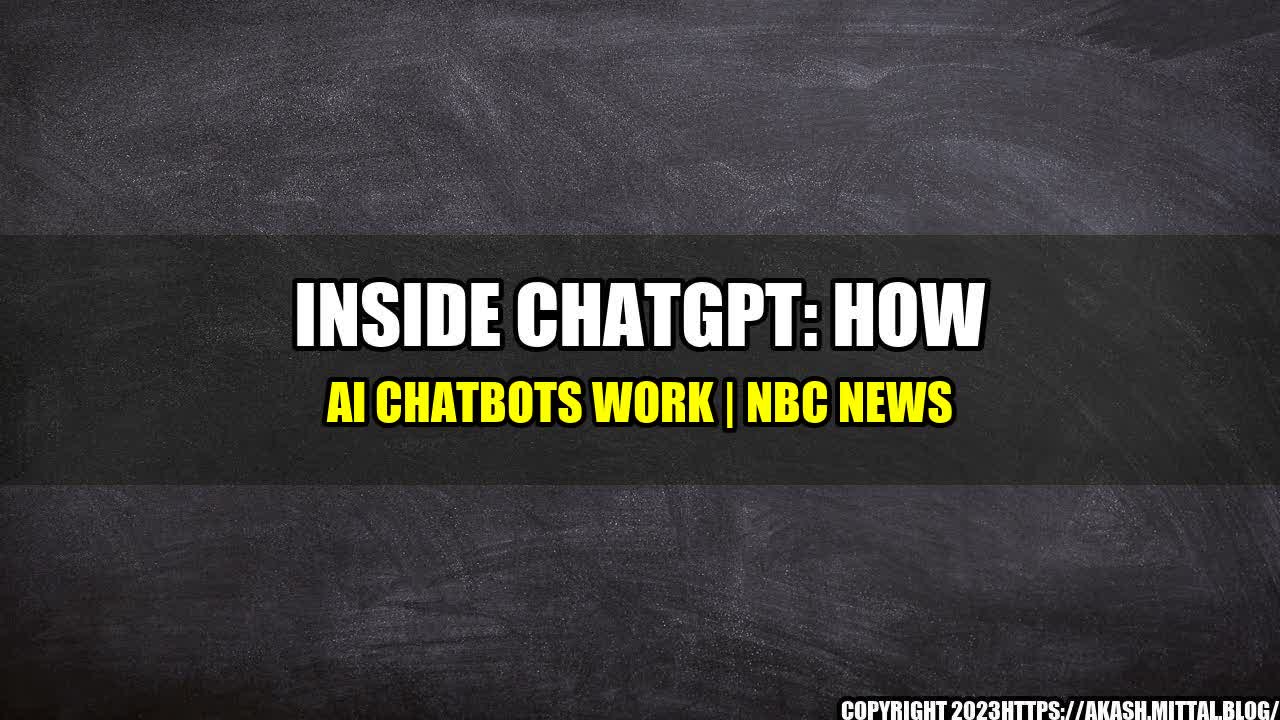
Imagine walking into a store and immediately being greeted by a friendly employee ready to answer any questions you may have. Now imagine that friendly employee is actually an artificially intelligent chatbot designed to help you find what you need and answer your questions. This scenario may seem like something out of a sci-fi movie, but AI chatbots are quickly becoming a reality in the world of customer service.
AI chatbots are revolutionizing the way companies interact with their customers. They are designed to provide quick and efficient assistance to users, working around the clock to ensure that customer inquiries are answered in a timely manner. In fact, according to a recent study, 80% of businesses plan to have some form of chatbot automation implemented by 2020. So, how exactly do these chatbots work?
AI chatbots work by leveraging natural language processing (NLP) technology to understand and interpret user inquiries. When a customer sends a message, the chatbot analyzes the text using NLP algorithms to identify keywords and phrases that are relevant to the request. The chatbot then uses this information to generate an appropriate response.
One of the key benefits of AI chatbots is their ability to learn and improve over time. They can be trained to recognize patterns in user inquiries and adapt their responses accordingly. This means that the chatbot can become more efficient and effective as it gains experience. For example, a chatbot designed to assist customers with product support may learn to identify common issues and provide pre-written solutions.
The impact of AI chatbots can be quantified in a number of ways. For example, a company that implements a chatbot on their website may see a significant increase in customer engagement. This may be measured in terms of the number of conversations initiated, the length of each conversation, and the overall time customers spend on the site. Additionally, AI chatbots can be used to improve customer satisfaction. A study by Oracle found that more than 70% of customers prefer using chatbots to communicate with businesses, as they offer a more personalized and efficient experience.
Another quantifiable example of the success of AI chatbots comes from the healthcare industry. A study conducted by Cedars-Sinai hospital found that the implementation of an AI chatbot to assist patients with pre-operative information resulted in a 37% reduction in phone inquiries to the hospital's staff. This not only improved the hospital's efficiency, but it also allowed staff to focus on more urgent issues.
If you are considering implementing an AI chatbot for your business, there are a few best practices to keep in mind.
The rise of AI chatbots is changing the way companies interact with their customers. These sophisticated tools are designed to provide quick and efficient assistance, working around the clock to ensure that customer inquiries are answered in a timely manner. By leveraging natural language processing technology and machine learning algorithms, AI chatbots are able to recognize and respond to user inquiries with increasing accuracy and efficiency. As businesses continue to embrace these tools, the benefits will be felt by both businesses and their customers.
Technology and Business
Curated by Team Akash.Mittal.Blog
Share on Twitter Share on LinkedIn